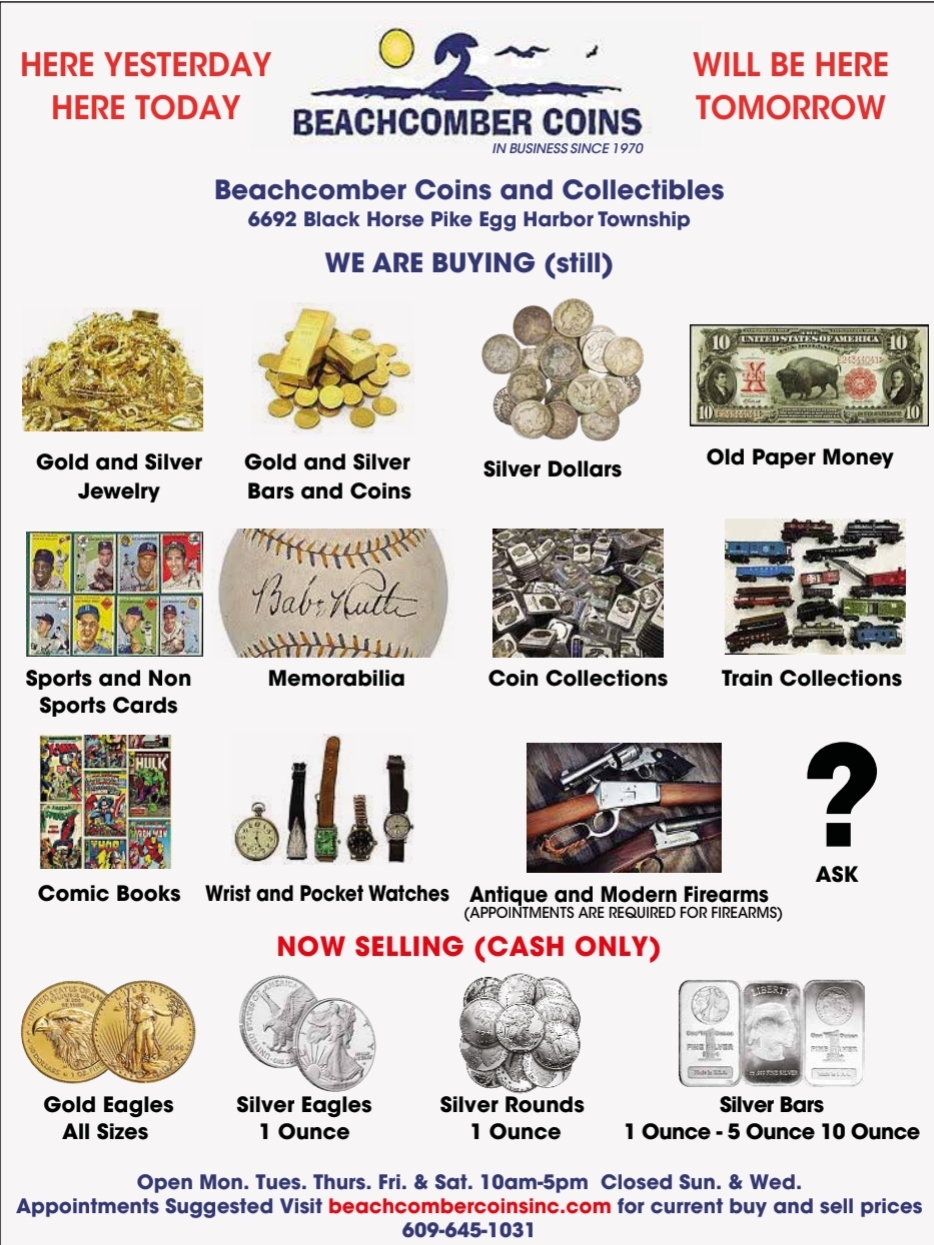By Jeff Whitaker
Here we go: Another turn of the calendar. For whatever reason, many use the new year as a time for new beginnings. Before we dive into what new goals, aspirations or dreams we want to pursue in 2025, it would serve us well to stop and look back at 2024. What went right? What went wrong? Where did you concentrate your time and efforts? Should you have done more in one area and less in another?
Here’s the thing: I don’t think we need to dwell on the past, but we all need to reflect on the past. I’ve written about this before. We can’t rely on the old adage that experience is the best teacher. A lot of people experience things in life that aren’t good. Then, they repeat the steps that led them down the wrong path the first time (or sometimes the second or even third time).
Experience isn’t the best teacher. My mentor John Maxwell says “evaluated” experience is the best teacher. You and I learn from our past when we take time to reflect, evaluate and then decide how we might approach a situation differently next time. We’ve all heard that the definition of insanity is doing the same thing over and over and expecting different results.
What lessons have you learned in 2024 that you can build on for the new year? Here is the key: You and I need to be intentional about setting some time aside now to maximize our time in the new year. There are so many different ways to plan out your year. Here are a couple you might consider.
It might not be a bad idea to write down major events or things you did in 2024. Draw a line down the middle of the page. On one side, write down what worked. On the other, jot down what didn’t. As you do this, it will give you a head start on the new year. You’ll begin to see more clearly the things you need to continue to do, the things you need to set aside, and what you might need to ramp up if you’re going to reach your dreams and goals.
One idea might be to use the SMART formula. SMART is an acronym that stands for “specific, measurable, achievable, relevant, time-bound.” You can google this acronym and drill down with more specifics for each letter. The overall idea is to give you guidelines to go by when you’re doing your assessment. I use this analogy a lot, but it’s like taking a trip. You have the destination locked in. You know where you want to go. But you still have to lay out a roadmap to get there. SMART will help you do that.
Another idea is to use what’s known as the WOOP framework (Wish, Outcome, Obstacle, Plan). This method of planning is an effective tool for turning aspirations into actionable steps. Start by identifying your wish — a specific, challenging, yet achievable goal. Next, visualize the best outcome if you succeed, focusing on how it will improve your life. Then, consider the obstacles — internal or external — that could stand in your way. Finally, create a plan to overcome these obstacles, using “if-then” scenarios such as, “If I feel unmotivated, then I’ll call an accountability partner”. This method connects motivation to realistic strategies for success.
Still another method is to start with the end goal in mind and work backward to outline the steps needed to achieve it. Envision where you want to be by year’s end, then break the goal into quarterly, monthly, and weekly milestones. This reverse-engineering approach provides clarity, ensuring your daily actions align with long-term objectives while reducing the feeling of being overwhelmed.
No matter what you decide on, it’s always important to keep in mind that each day can be a new beginning. Happy New Year! Here’s to everything that fulfills you in 2025!
Jeff Whitaker is a veteran broadcaster here in South Jersey. He now draws on his experience and training to work with companies and individuals to develop effective storytelling, communications and leadership skills. Find free resources and ways Jeff can work with you at jeffwhitaker.com


















